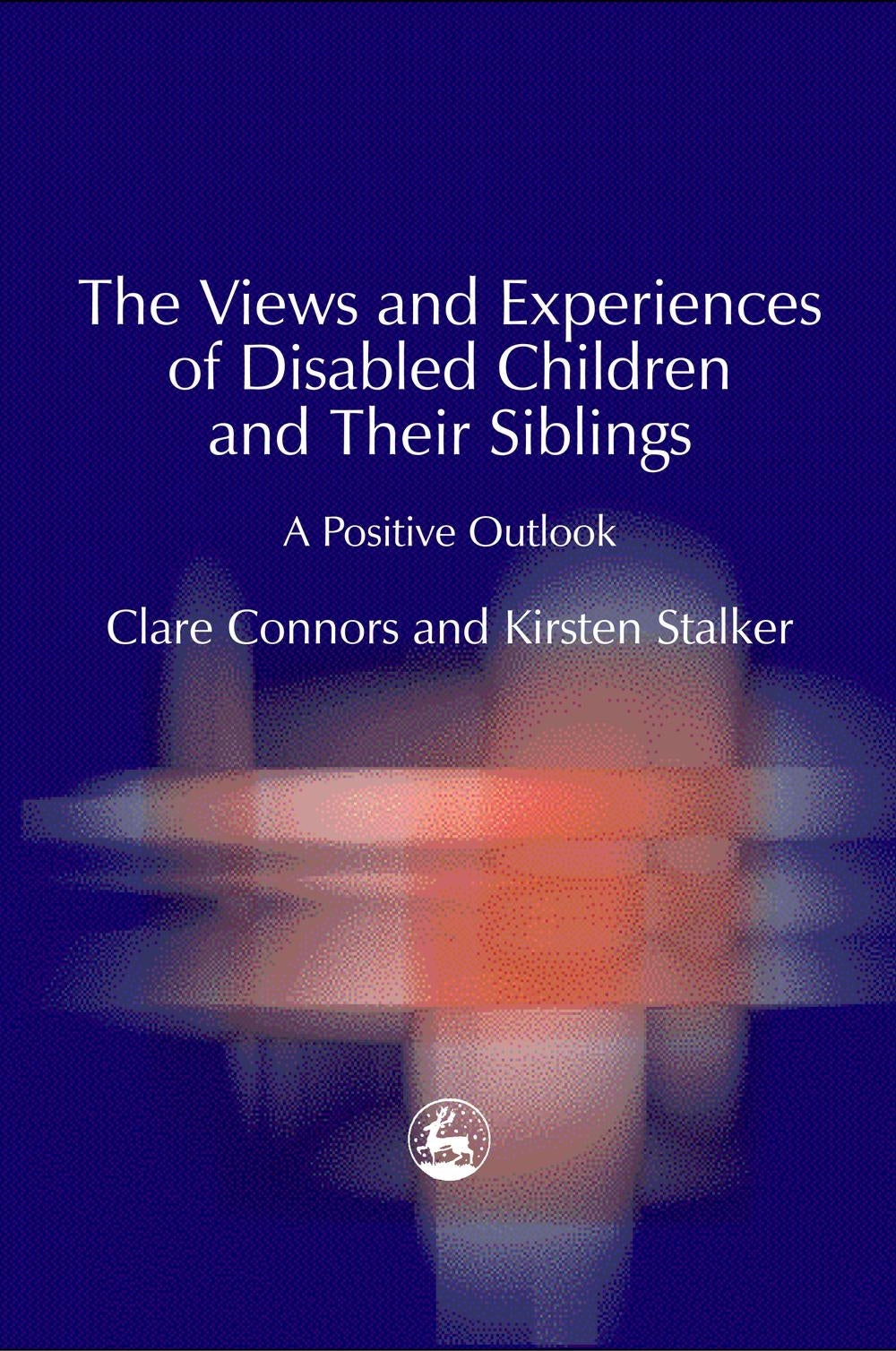
Press Reviews
Rostrum
I found this a very readable book and one that I wished had been available in the past for students working with young people, siblings and families in short break situations. I would recommend this book to all social workers and students to ensure that understanding of disability and the impact on young people, their siblings and families is understood and the service offered improved.
British Journal of Social Work
Drawing on in-depth interviews with disabled children, their parents, and siblings, this well-written book explores disabled children's understandings of disability, how they negotiate disability in their day-to day lives, including their experience of professionals and services, as well as exploring their relationships with their siblings. The bulk of the book is concerned with the practice by children with impairments of negotiating disability whether at home or at school and how it is mediated by the key relationships with parents, siblings, and professionals. In drawing out implications for health and social work services the authors concentrate on health and education, the result of the low level involvement with social services of the majority of families participating in the study. Indeed those comments relating directly to social work come from parents rather than children and were largely negative, in contrast to generally affirmative views presented by children in relation to other (medical and educational) professionals. However, this does not limit the significance of the findings of this research for social work practitioners and educators. The emphasis placed on external-and particularly psycho-emotional-barriers, rather than on the practicalities of managing impairment, coupled with the growing development of good practice around seeking and acting upon disabled children's preferences and aspirations have real implications, not least in relation to resources, for how we engage with disabled children and their families in both practice and research.
Child and Family Social Work
The special strength of this book is that the children's narratives are carefully interwoven with interpretation and comments from related literature and theorizing, all contributing to the development of a childhood model of social disability. The authors have specific messages for different groups of professionals in health, education and social work, most significantly to work in partnership with children and their families with difference viewed positively. It is hoped that professionals and students from all sectors will heed the careful analysis of this book. What is also clearly demonstrated is that adults cannot speak for disabled children and their siblings as their views and priorities are frequently dissimilar in subtle but important ways.
Adoption & Fostering Journal
This study refutes the stereotype of families with disabled children and emphasises the potential for reciprocal relationships that nearly all disabled children have. The message, for all professionals and families involved with disability, is that it is not only possible to be equal and different but also to feel equal.
ChildRight
This book will be a key resource for all policy makers working with disabled children.
Community Care
Despite government exhortations for services to find out the views of disabled children, many professionals seem to have ambivalent and diffident attitudes towards hearing those children's voices. But here is a book that will not only boost the confidence of professionals unsure how to begin such conversations, but will convince them of the rewards of doing so.
Care & Health Magazine
This book provides health and social care practitioners, service planners and providers with a fascinating in-depth look at how disabled children feel about and experience their relationships with professionals, and with the wider world. There is a refreshing amount of first-hand accounts from the children, which should perhaps be mandatory reading for all health and social care staff who are in contact with disabled children.
The Canadian Child and Adolescent Psychiatry Review
This book was rich in information and was well referenced with a subject and an author index. It was well researched with theoretical support for statements that challenged conclusions or findings by other researchers. It was also informative and made the materials used in the study openly available.
